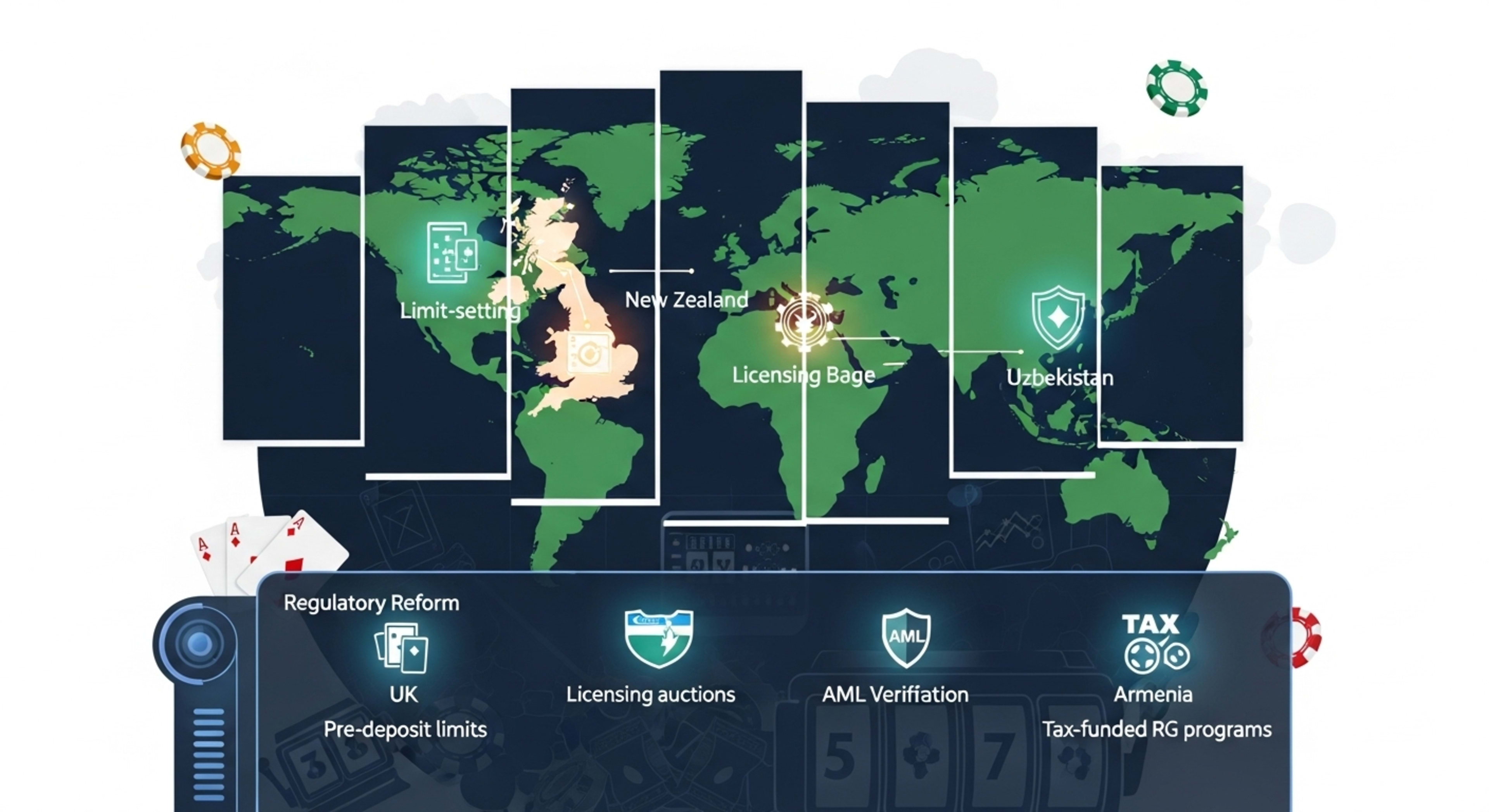Key Takeaways
- European authorities impose stricter advertising bans and self-exclusion mandates to enhance player protections in emerging online markets.
- New Zealand's planned issuance of 15 online casino licenses by 2026 signals a major regulated entry for iGaming operators.
- Uzbekistan's comprehensive framework mandates licensing for all gambling verticals, prioritizing anti-money laundering compliance.
- Armenia's tax reforms aim to fund responsible gambling initiatives while curbing unlicensed operations.
UK Gambling Commission Mandates Pre-Deposit Financial Limits
The UK Gambling Commission (UKGC) has introduced new "customer-led tools" that require online casino and sportsbook operators to prompt users to set financial limits before their first deposit. Effective October 31, 2025, this measure applies across all licensed platforms, including new entrants, to prevent excessive spending from the outset. Operators must integrate these prompts seamlessly into their onboarding processes, with non-compliance risking fines of up to 10% of the gross gambling yield.
This development stems from the 2023 Gambling White Paper's push for modernized protections amid rising online participation, where UK adults wagered £5.4 billion on iGaming in 2024. The UKGC, overseeing over 200 remote operators, views it as a proactive step against harm, especially for vulnerable demographics. For new operators, it raises entry barriers but aligns with Malta Gaming Authority (MGA) standards, potentially harmonizing EU-wide compliance. Players benefit from immediate safeguards, while regulators gain data for behavioral monitoring. Industry stakeholders, including Entain and the Kindred Group, anticipate a 5-7% reduction in high-risk accounts, which is expected to foster sustainable market growth in this mature jurisdiction.
Source: iGaming Business
New Zealand Prepares to Issue 15 Online Casino Licenses
New Zealand's Department of Internal Affairs announced plans to auction up to 15 remote gambling licenses by February 2026, marking the country's first regulated online casino market. Legislation, expected to be enacted by April 2025, will establish the Gambling Commission as the oversight body, focusing on operator integrity, game fairness, and mandatory responsible gambling features, including deposit caps and self-exclusion via a national OASIS-like register.
Currently limited to land-based venues under the Gambling Act 2003, this reform addresses the proliferation of offshore operators, estimated to result in NZ$1.2 billion in unregulated activity annually. Successful bidders, likely including international firms such as Evolution Gaming partners, must demonstrate local economic contributions and compliance with anti-money laundering (AML) rules, similar to Australia's AML framework. Launch timelines target Q3 2026, with initial focus on slots and live dealer games. This positions New Zealand as an emerging Pacific hub, attracting investment while protecting players through age verification and harm minimization tools. Regulators project NZ$200-300 million in annual tax revenue, which will benefit public health programs.
Source: SBC News
Uzbekistan Enacts Sweeping Gambling Licensing Regime
Uzbekistan's National Agency for Prospective Projects (NAPP) implemented a full regulatory overhaul on January 1, 2025, requiring licenses for online casinos, sportsbooks, and lotteries to combat illicit operations. The framework, Law No. ZRU-789 sets B2C fees at UZS 600 million (approx. €45,000) for three-year terms, with rigorous AML and responsible gaming audits mandatory.
Previously a gray market reliant on offshore sites, this development aligns Uzbekistan with its Central Asian peers, such as Kazakhstan, and targets a projected $500 million sector by 2027. New operators must partner with local payment processors and integrate geo-fencing to restrict access. The NAPP, drawing on Gibraltar's model, emphasizes the segregation of player funds and quarterly reporting. Implications include safer access for 2 million potential users, reduced crime links, and revenue for social initiatives. For stakeholders, it opens a high-growth market with 15% digital penetration, though enforcement challenges persist in rural areas.
Source: Casino Beats
Armenia Overhauls Taxes to Bolster Responsible Gambling Funding
Armenia's National Assembly passed amendments to the Tax Code on April 1, 2025, doubling online casino licensing fees to AMD 120 million (€280,000) and introducing a 10% turnover tax on gross gaming revenue. Proceeds, estimated at AMD 25 billion annually, will fund expanded responsible gambling programs, including national helplines and AI-driven risk alerts.
Regulated since 2018 by the Ministry of Finance, Armenia's market is home to 20 operators, with a competitive landscape dominated by MGA-licensed affiliates. The hikes, phased through 2028, aim to deter low-quality entrants while supporting the Armenian Gaming Association's self-exclusion database. New licensees face enhanced KYC via biometric verification, mirroring Ontario's iGaming standards. Players gain from subsidized therapy access, potentially lowering problem gambling rates from 2.5% to under 1.5%. For regulators and investors, it signals fiscal maturity, attracting premium providers like Pragmatic Play and helping to stabilize a $150 million industry.
Source: iGaming Business
